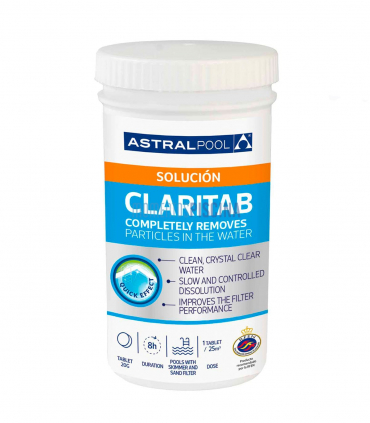Natural Flocculant: What it is and Why it Matters

As concerns about water pollution and waste management continue to grow, companies are searching for safe and effective ways to clean up the environment. One of the latest technologies to emerge is natural flocculant, a substance that helps remove impurities from water by forming clumps of contaminants that can be easily removed. But what exactly is natural flocculant, and why is it so important?
In its simplest form, a flocculant is a chemical that helps suspended particles in water to clump together. This makes it easier to remove them through filtration, sedimentation or other mechanisms. Traditional flocculants are synthetic chemicals that can be harmful to the environment and human health. In contrast, natural flocculants are made from plant or animal products and are biodegradable, non-toxic and safe to use.
One of the most common natural flocculants is chitosan, a biopolymer derived from chitin, a substance found in the shells of crustaceans such as shrimp and crabs. Chitosan works by attracting negatively charged particles, such as bacteria, organic matter and heavy metals, and forming them into large clumps that can be easily removed from the water. Chitosan is also effective at removing oil spills and other hydrophobic contaminants, which are typically difficult to remove with conventional methods.
Another advantage of natural flocculants is that they can be produced locally, using local resources. For example, Pennosan has developed a range of quality Pennofloc natural flocculant and coagulant formulations that use chitosan prepared at different dose concentrations and formulated in dilute natural acids such as acetic and lactic acid. These formulations are easy to use and suitable for a broad range of water and waste water applications.
Using natural flocculants can also help reduce the environmental impact of water treatment processes. Traditional flocculants can create sludge that can be difficult to handle and dispose of, and can pose a risk to the environment if not properly treated. In contrast, natural flocculants produce minimal sludge and are biodegradable, making them a more sustainable option.
In conclusion, natural flocculants are an important technology for improving water quality and ensuring sustainable waste management. By using locally-sourced, biodegradable materials like chitosan, companies can remove contaminants from water in a safe, effective and environmentally-friendly way. As more companies seek to reduce their environmental impact, natural flocculants are likely to become an increasingly popular choice.